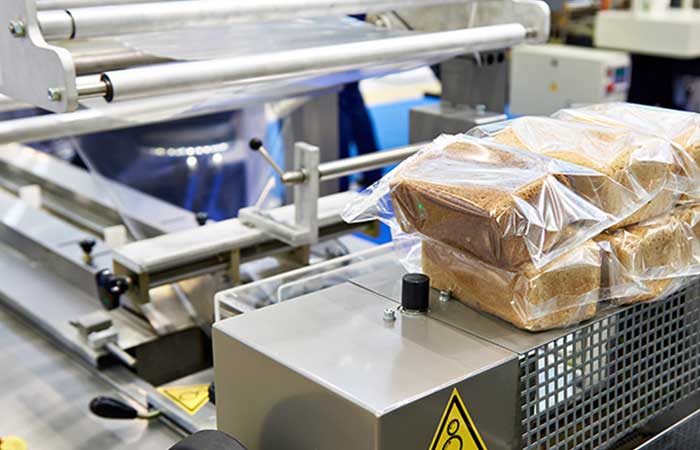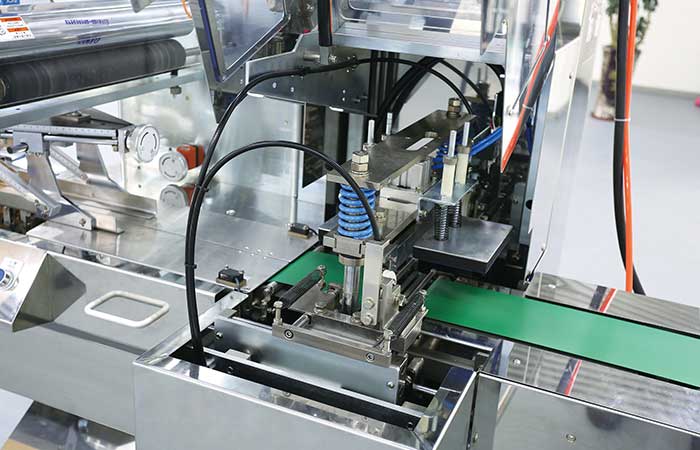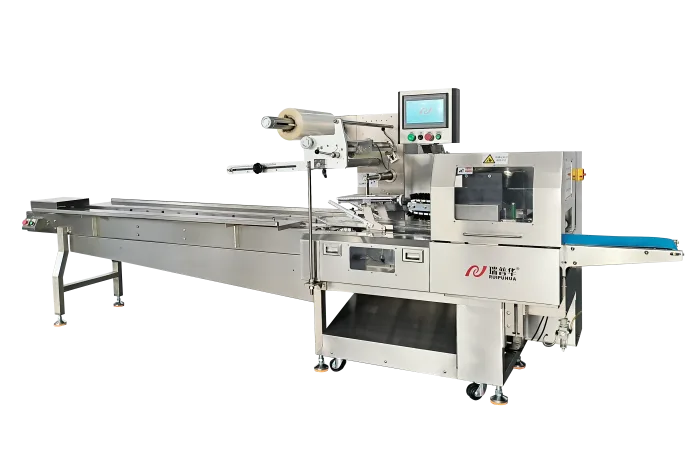Exploring the World of System on Chip and System in Package
The Evolution of Integrated Circuits: System on Chip vs System in Package
In the realm of advanced electronics, System on Chip (SoC) and System in Package (SiP) have revolutionized the way we design and manufacture integrated circuits. These technologies have enabled smaller, faster, and more efficient devices, paving the way for the Internet of Things (IoT) and other groundbreaking applications.
Understanding SoC
System on Chip, as the name suggests, integrates all components of a computer or electronic system into a single chip. This includes the processor, memory, input/output interfaces, and more. The seamless integration of these components results in reduced power consumption, lower latency, and improved performance.
One of the key advantages of SoC is its compact size. By packing everything into a single chip, manufacturers can create smaller devices with enhanced functionality. This has been crucial in the development of smartphones, tablets, and wearables, where space is a premium.
Exploring SiP
On the other hand, System in Package takes a different approach. Instead of integrating all components into a single chip, SiP combines multiple chips into a single package. This allows for greater flexibility in design and enables the use of different technologies for different functions.
SiP is particularly useful in scenarios where certain components require specific manufacturing processes or materials. By separating these components into individual chips within the same package, manufacturers can achieve optimal performance without compromising on design or reliability.
Comparing the Two
While SoC offers a more integrated approach, SiP provides greater flexibility and scalability. Choosing between the two depends on the specific requirements of the device and the desired balance between performance, size, and cost.
In terms of power efficiency, SoC tends to be more efficient due to the reduced interconnects and shorter signal paths. This results in lower power consumption and improved battery life, making SoC ideal for portable devices.
On the other hand, SiP excels in situations where different components have distinct design constraints. By allowing for separate chips within a single package, SiP offers greater customization and optimization for specific functions.
The Future of Integrated Circuits
As technology continues to advance, the lines between SoC and SiP are becoming increasingly blurred. Manufacturers are now combining elements of both technologies to create hybrid solutions that offer the best of both worlds.
These advancements are driving innovation in areas such as artificial intelligence, autonomous vehicles, and smart infrastructure. By leveraging the strengths of SoC and SiP, engineers are pushing the boundaries of what is possible in the world of integrated circuits.
Conclusion
System on Chip and System in Package represent two distinct approaches to integrated circuit design, each with its own advantages and applications. Whether it’s the compactness of SoC or the flexibility of SiP, these technologies are shaping the future of electronics and driving innovation across industries.
-
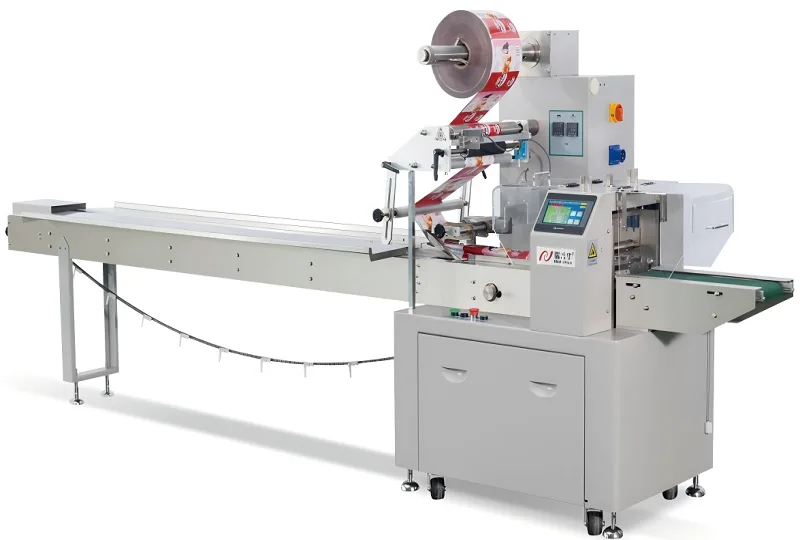 01
01Automatic Tray Loading and Packaging Equipment: Boost Efficiency to 160 Bags/Minute
21-11-2025 -
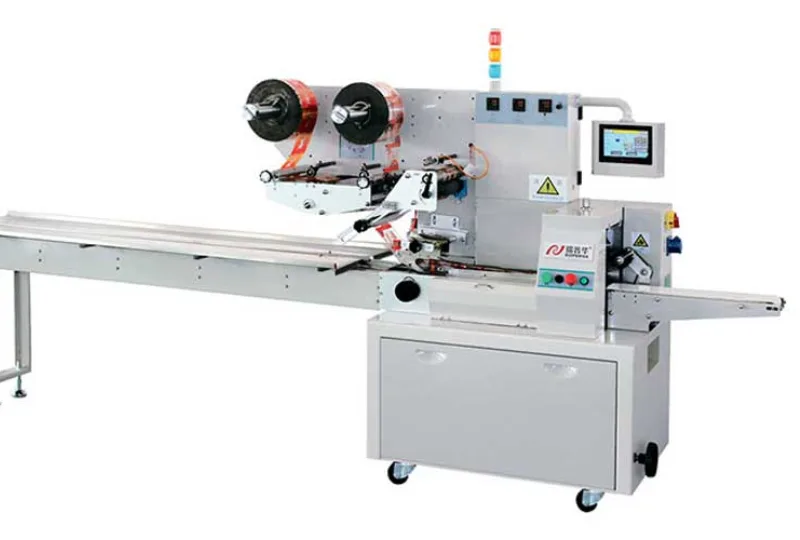 02
02Automatic Soap Packaging Machine: Boost Productivity with 99% Qualification Rate
21-11-2025 -
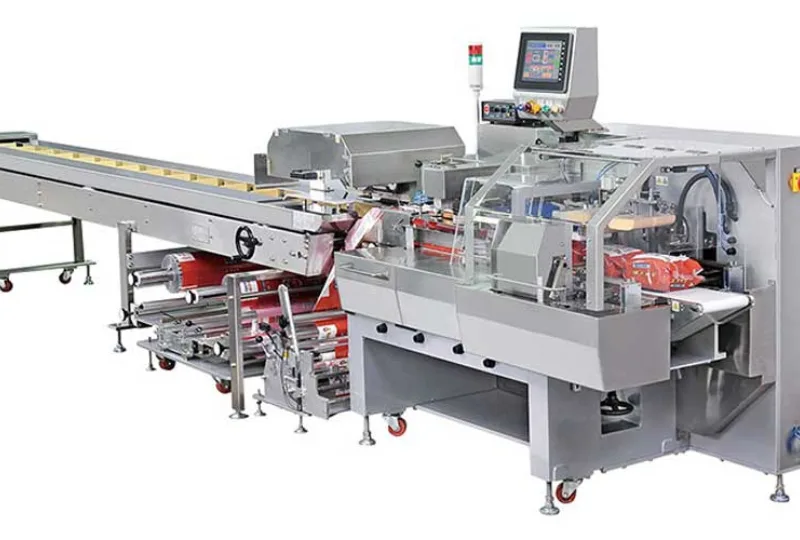 03
03A Deep Dive into Automatic Toast Processing and Packaging System
18-11-2025 -
 04
04The Future of Bakery Production: Automated Toast Processing and Packaging System
18-11-2025 -
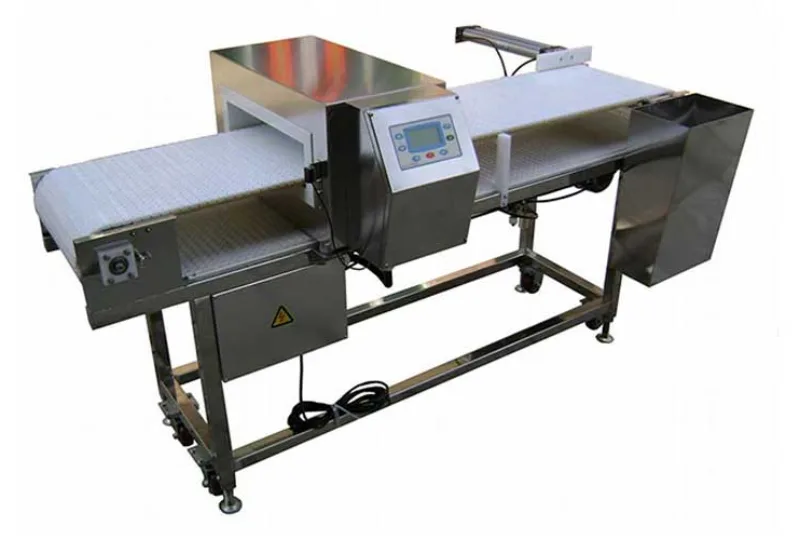 05
05Reliable Food Packaging Solutions with China Bread, Candy, and Biscuit Machines
11-10-2025 -
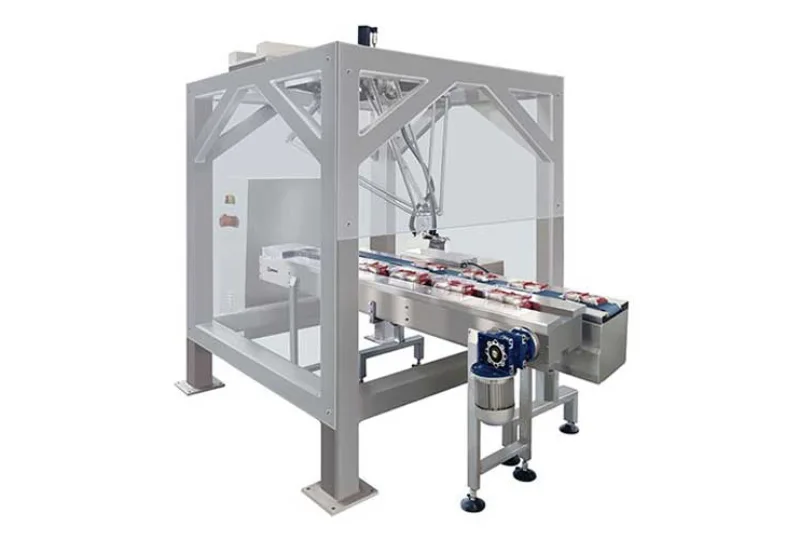 06
06High-Performance Automated Food Packaging Equipment for Modern Production
11-10-2025 -
 07
07Reliable Pillow Packing Machines for Efficient Packaging Operations
11-10-2025 -
 08
08Advanced Fully Automatic Packaging Solutions for Efficient Production
11-10-2025 -
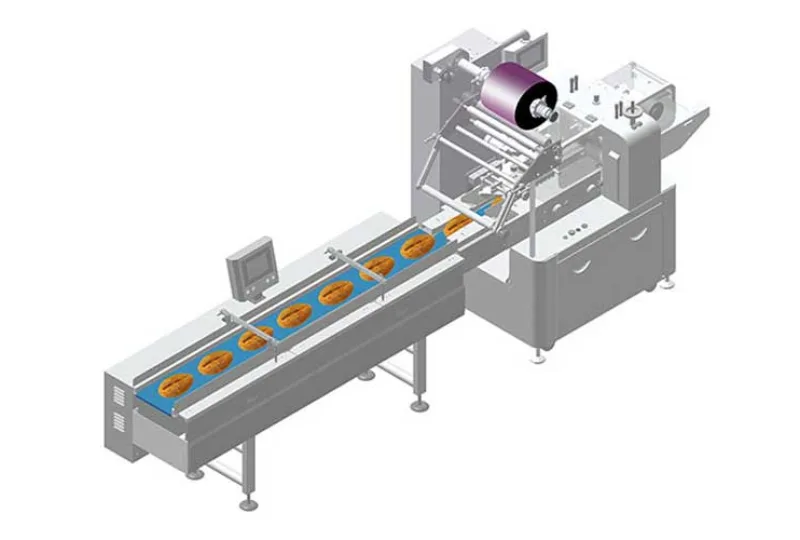 09
09Efficient Automatic Food Packaging Solutions for Modern Production
11-10-2025 -
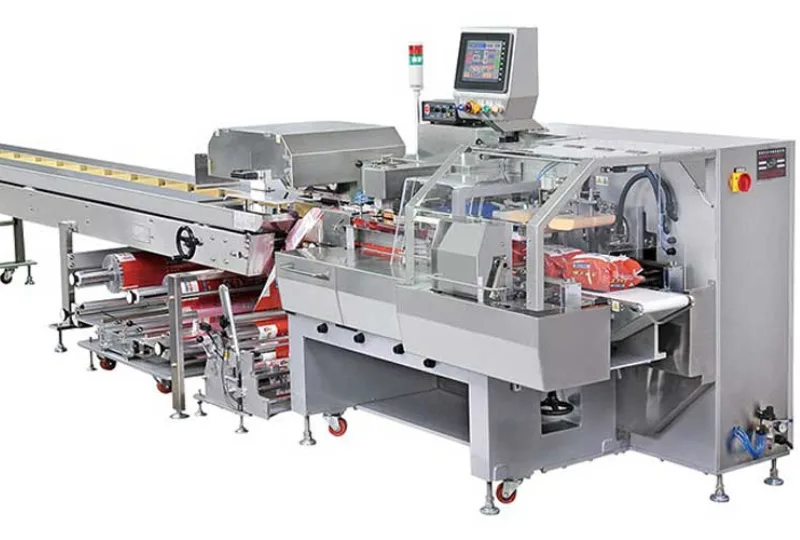 10
10Advanced Automatic Packaging Equipment for Efficient Production
11-10-2025



